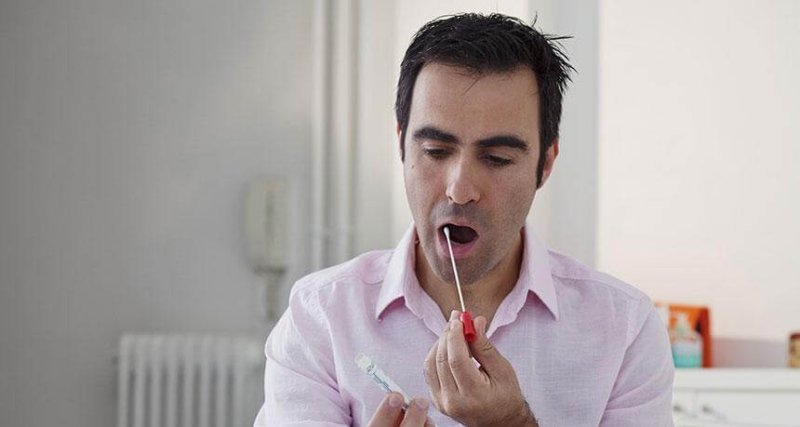While DNA testing was once only the stuff of crime investigations and television shows, it is now available to the masses.
…
You may not care if anyone knows that your results turned up Ashkenazi Jewish and Polish ancestry. But what if your results show that you carry the BRCA 1/BRCA 2 gene variants, aka the breast cancer genes? A few years ago, Angelina Jolie publicly opted for a mastectomy, simply because her genetic makeup made her more likely than average to develop breast cancer. You might not take such a drastic measure, but you might use the information to make some important lifestyle changes. That’s a good outcome. But what could an insurance company do with that information? What if it could use that information to determine your insurability and premium cost? What if a drug company got that information to send you targeted marketing? Those things you may care about.
…
If you do think about submitting a sample, you may want to read the fine print you usually would just gloss over and reread it periodically to make sure you are comfortable with any changes.
Read full, original post: Ancestry, genetic DNA testing – what’s privacy got to do with it?































